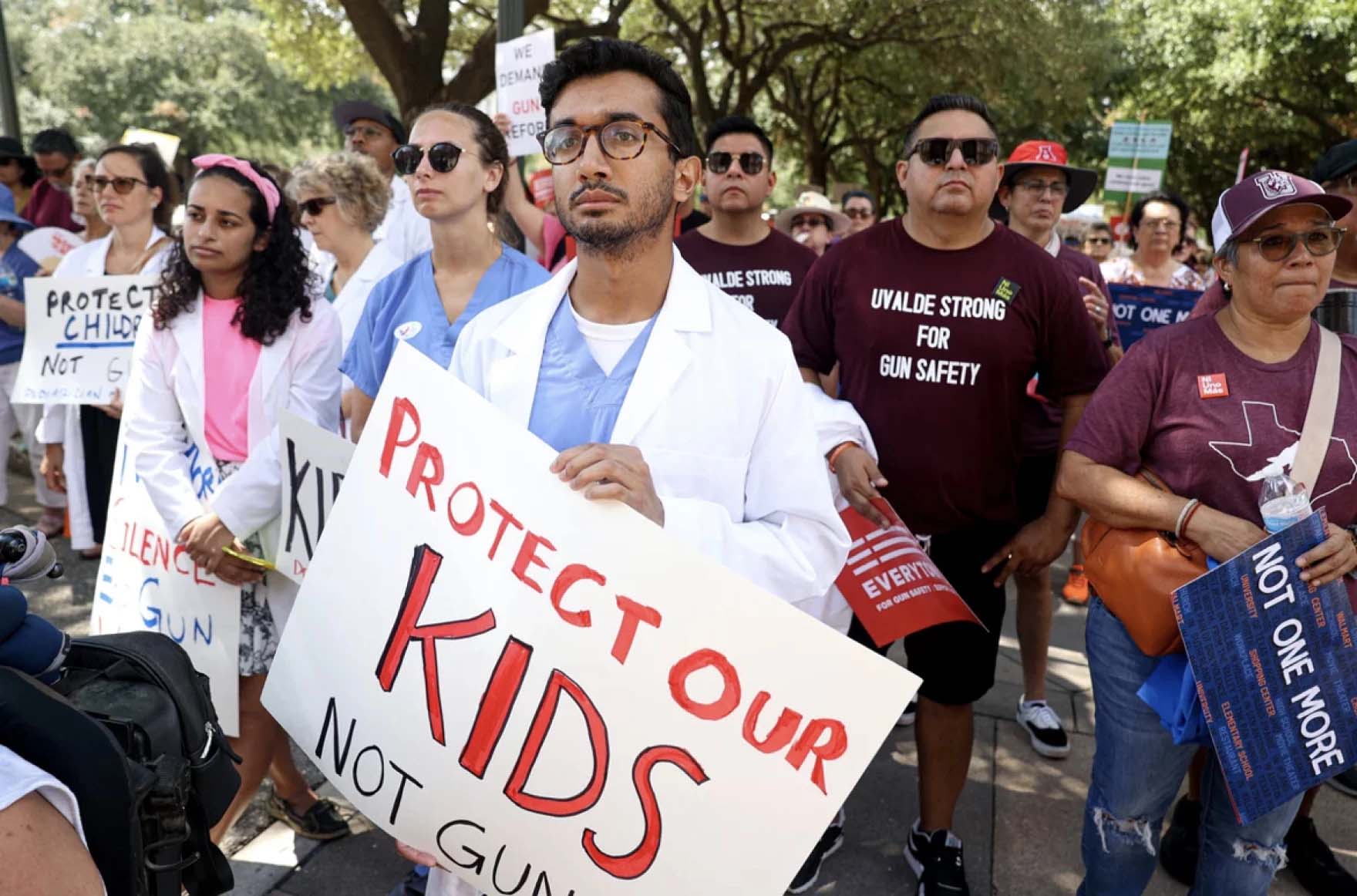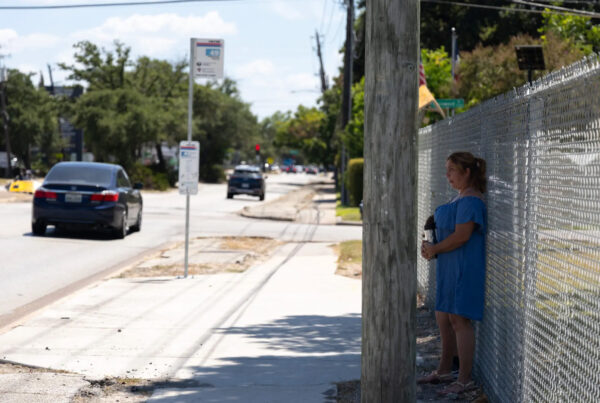From Texas Public Radio:
Seven hundred and seventy four new state laws took effect in Texas on Sept. 1 out of the almost 3,000 that were filed, meaning the vast majority didn’t become law.
Several bills didn’t make it despite having support from Texans and some state leaders.
In May, Andre Harris testified before the Texas Senate Health and Human Services Committee in support of House Bill 181.
“This bill, I think, would be a pivotal bill,” he said.
The proposal directly impacts his life and so many others.
“I didn’t mention that I also live with Sickle Cell disease.”
Sickle Cell is a genetic disease that affects red blood cells. The vast majority of people who have it are Black. It’s estimated that Texas has the third largest population of people with Sickle Cell — but that’s a crude estimate because Texas doesn’t have a Sickle Cell registry.
HB 181 would have created one, and Harris was hopeful for the change. “In 1979 when I was born my family was told I would not live this long,” he said.
Harris beat those odds but said a Texas Sickle Cell registry would help others also living with the disease. “And so we do need bills like this to hold the medical system and government accountable for how Sickle Cell patients are treated,” he said.
The bill easily passed through the legislature but ran into a problem with Gov. Greg Abbott. It was one of 77 bills he vetoed this year.
In his veto statement, Abbott said a sickle cell registry would violate the privacy of people with the disease.
Representative Jarvis Johnson, a Houston Democrat, carried the bill. He rejected Abbott’s reasoning for the veto.
“This disease has crippled a population and they’ve been underserved and so there was no rhyme or reason because we have multiple registries already,” he said. “And those registries are simply put in place to ensure that we understand what, how people are affected.”
Johnson said if the Texas Legislature had a functioning veto override — which is allowed in the state constitution — then Abbott’s veto wouldn’t stand. “And so we’ll just have to go back to the drawing board next session,” he said.
Another measure that didn’t make it this session was House Bill 2744. It would have raised the age to buy an assault rifle from 18 to 21, and it was one of the session’s most followed proposals.
Cheers erupted after a House committee approved the legislation in early May.
The bill was filed in reaction to last year’s school shooting in Uvalde that killed 19 students and two teachers.
Family members of the victims rallied behind it, including Brett Cross, who spoke out on the Capitol steps trying to pass that new law.
“So fight with us and help us demand change because you don’t want to be fighting from this side with a hole in your heart that cannot go away,” Cross said.
However, the raise the age bill wasn’t given a vote on the House floor, and despite being supported by about 75% of Texans, it didn’t become law.
Today, Cross is infuriated.
“It would have gone into effect Sept. 1 and now, until we able to fight again for it, there will be another mass shooting — with an AR — with somebody under the age of 21.”
Cross and the other Uvalde families said they will be back next session to keep fighting for gun safety laws that they say will better serve Texans.
School vouchers also came up short — that bill was Abbott’s top priority.
The Texas Senate did pass SB 8, which would have allowed families to use public funds for private school expenses.
However, Democrats and rural Republicans banned together to block vouchers in the House.
It’s expected that Abbott will be calling the lawmakers back to Austin in a special session this year to again address vouchers.
But that’s going to have to wait until after the Ken Paxton impeachment trial.













